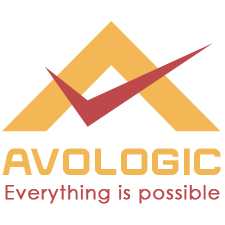Unity is a popular game engine used for developing video games for various platforms including PC, mobile, and consoles. Here are some of the topics that might be covered in a typical Unity game development course:
- Introduction to Unity: This section covers the basics of Unity, including its interface, project setup, and scripting.
- Game Objects and Components: In this section, learners will learn about game objects and components in Unity, including how to create and manipulate them, and how to add scripts to control their behavior.
- 2D Game Development: This section covers the basics of 2D game development in Unity, including working with sprites, creating animations, and using Unity’s 2D physics engine.
- 3D Game Development: This section covers the basics of 3D game development in Unity, including working with meshes, creating animations, and using Unity’s 3D physics engine.
- User Interface (UI) Development: This section covers the basics of UI development in Unity, including creating and designing menus, buttons, and other UI elements.
- Scripting in Unity: In this section, learners will learn about scripting in Unity using C#, including how to write scripts to control game objects and components.
- Game Mechanics: This section covers various game mechanics such as player movement, enemy AI, camera control, and more.
- Audio in Unity: This section covers the basics of working with audio in Unity, including adding sound effects and background music to the game.
- Publishing Games: In this section, learners will learn about the process of publishing games developed in Unity for various platforms, including PC, mobile, and consoles.
By the end of the course, learners should have a good understanding of the Unity game engine and how to develop video games using Unity. They should also be able to publish their games for various platforms and continue to expand their skills in game development.
Page Copyright
© Copyright @Avologic 2016 - 2023 All Rights Reserved.
